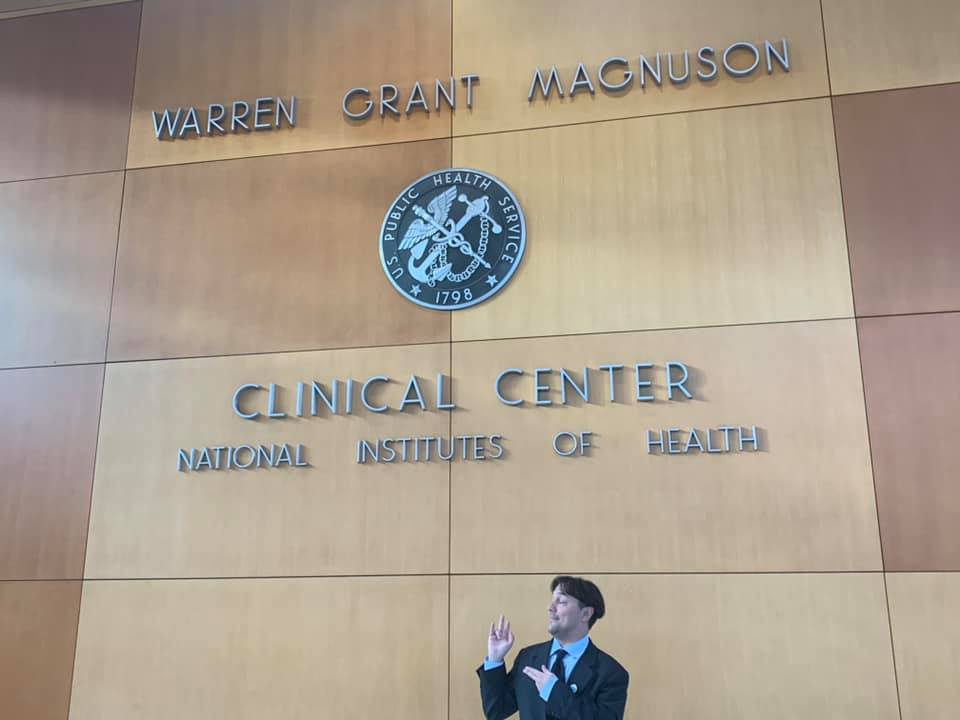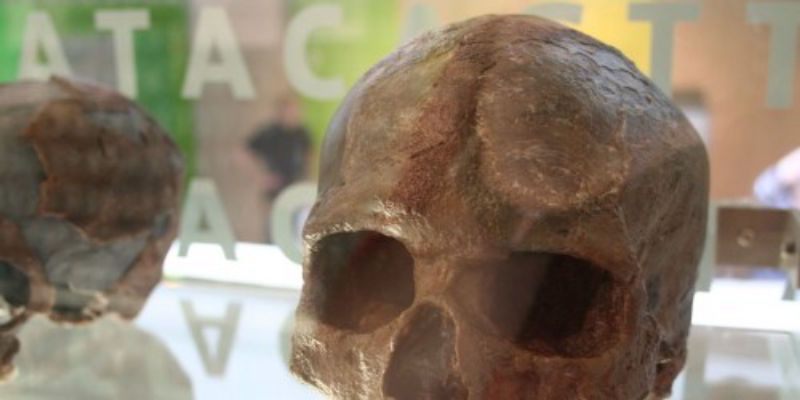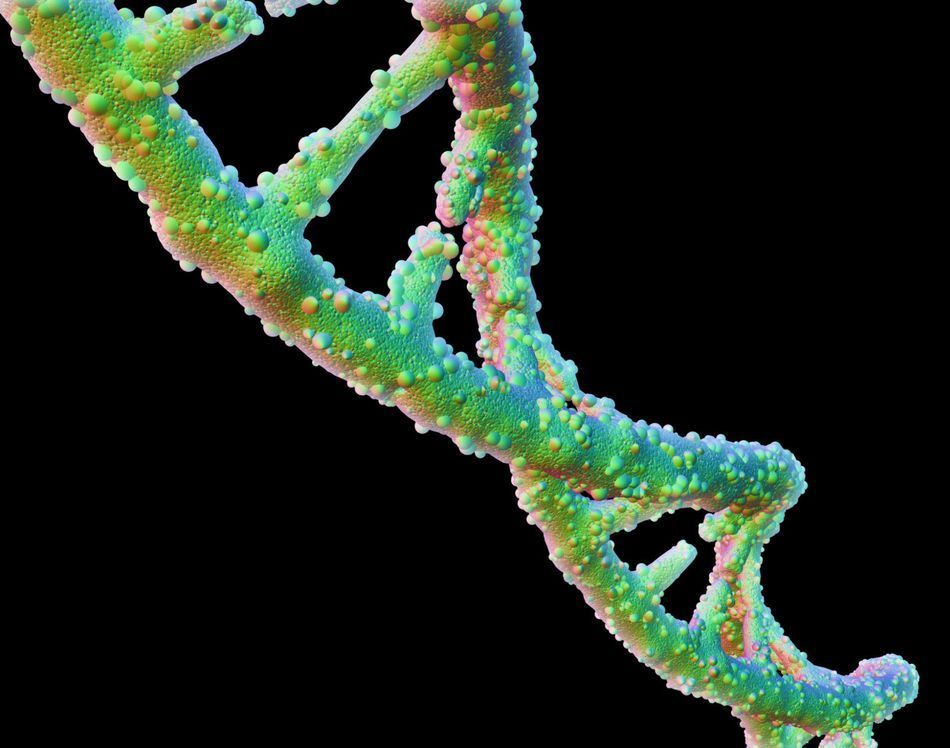We asked some of the boldest thinkers what the world will be like in 50 years. Here’s what their answers tell us about the future.
Sponsored by.






Scientists have managed to send a record-breaking amount of data in quantum form, using a strange unit of quantum information called a qutrit.
The news: Quantum tech promises to allow data to be sent securely over long distances. Scientists have already shown it’s possible to transmit information both on land and via satellites using quantum bits, or qubits. Now physicists at the University of Science and Technology of China and the University of Vienna in Austria have found a way to ship even more data using something called quantum trits, or qutrits.
Qutrits? Oh, come on, you’ve just made that up: Nope, they’re real. Conventional bits used to encode everything from financial records to YouTube videos are streams of electrical or photonic pulses than can represent either a 1 or a 0. Qubits, which are typically electrons or photons, can carry more information because they can be polarized in two directions at once, so they can represent both a 1 and a 0 at the same time. Qutrits, which can be polarized in three different dimensions simultaneously, can carry even more information. In theory, this can then be transmitted using quantum teleportation.

Hemp just became legal to grow in the United States for the first time in nearly a century. Levi’s is helping the superplant regain its reputation by blending it into its iconic denim.
Hemp is one of the most powerful plants in the world, producing twice as much fiber as cotton, using far less water and pesticides… and fixing the soil while it’s at it!


Hackers equipped with black market software are targeting cash machines with dated software and substandard security and walking away with millions over the course of a series of attacks, according to a collaborative investigation by Motherboard and German newsroom Bayerischer Rundfunk. Though law enforcement agencies are tightlipped about the trend, it’s a sign that banks may be surprisingly vulnerable to cybercrime.
Other sources, granted anonymity by Motherboard, described the same trend: “There are attacks happening, but a lot of the time it’s not publicized,” said one.
Plug-And-Play
The German attacks and others throughout Europe seem to be carried out with Russian software called Cutlet Maker, which Motherboard reports can be bought for $1,000. In the U.S., a program called Ploutus. D is more popular.
Both programs can be installed into ATMs through a USB or other physical access point — though the hackers usually need to break into the ATM’s hardware to access it.
